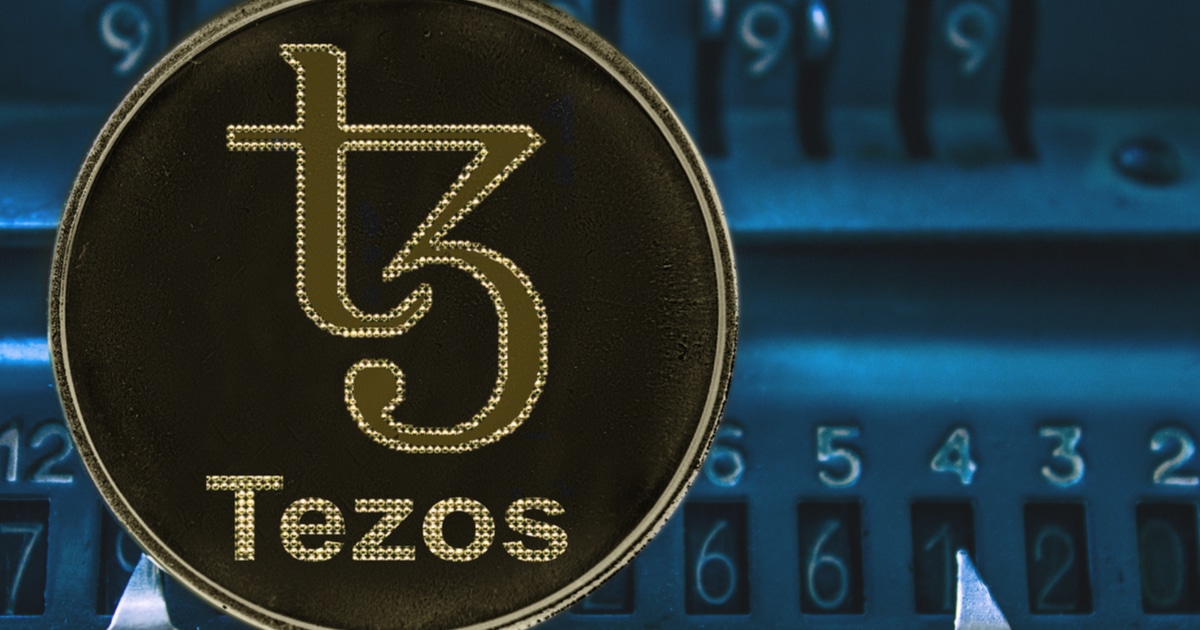
The beauty of investing lies in witnessing your assets grow, but this also brings a greater responsibility to manage the newly-found wealth. As your assets grow, it's crucial to employ the services of an asset manager to oversee the performance and rebalancing of your portfolio.
An asset manager can be extremely valuable as it provides a structured approach to adapt to unforeseen market changes and macroeconomic factors.
In this post, we'll delve into the benefits and risks of asset management and explore the differences between crypto asset management over traditional asset management.
What Is Crypto Asset Management?
Crypto asset management involves managing investments in digital assets such as cryptocurrencies, tokens, and blockchain-based projects, i.e., any asset with value transferred to a blockchain. It differs from traditional asset management, which involves managing investments in stocks, bonds, and other financial instruments.
Crypto asset management has emerged with the growing mainstream adoption of cryptocurrencies and the increasing demand for professional management of crypto assets.
It's becoming increasingly popular by providing retail and institutional investors access to the cryptocurrency market's high returns and exposure to innovative technologies. Moreover, it offers professional management and risk management services to help investors navigate the complex and highly volatile crypto market.
How Does Crypto Asset Management Work?
Like traditional investments, managing a portfolio of crypto assets involves portfolio management and investment strategies, risk management, and ongoing monitoring and analysis. Crypto asset management uses specialized tools and services, including investment and& analytics tools and secure storage solutions like cold storage and multi-signature wallets to manage crypto investments.
Several crypto asset management apps and services, including exchanges and trading platforms, are created to help individuals and institutions effectively manage their crypto investments. Here are the main crypto asset management mechanisms:
- Portfolio management strategies. Crypto asset management firms apply portfolio management strategies like diversification, rebalancing, and risk management techniques to optimize a crypto portfolio's performance. Their services include utilizing trading strategies, such as active trading, algorithmic trading, etc., for buying and selling digital assets based on market trends, news, etc., to generate returns and minimize risks.
- Trading strategies. Several trading mechanisms can be used in crypto asset management to help achieve the client's investment goals while managing risks. These strategies depend on the investment strategy and risk profile of the investor. They could involve trading and investing based on fundamental analysis, technical analysis, sentiment analysis, or all three at once. A diversified portfolio may combine different strategies to minimize risk and maximize returns.
- Reporting and analytics tools. Asset management firms provide clients with detailed information about their investment portfolios through reporting and analytics tools such as performance metrics, risk analytics, and other data that can help clients make informed investment decisions.
- Risk management techniques. To minimize the impact of market volatility and protect their clients' portfolios against hacking, theft, and other forms of cybercrime, they also employ risk management techniques, such as stop-loss orders, hedging strategies, and position sizing.
Plus, managing digital assets may involve tax planning and compliance activities, as well as monitoring regulatory developments and compliance requirements across different jurisdictions.&
Crypto Asset Management Technologies
The cryptocurrency market's high volatility can be a significant challenge for investors, as it can be difficult to identify investment opportunities and make timely buy/sell decisions. This is where robo-advisers and machine learning-enabled (AI/ML) programs can play a key role in crypto asset management.
Robo-advisers and machine learning (AI/ML) programs are innovative technologies that leverage automation and Artificial Intelligence to help investors manage their digital asset portfolios more efficiently and effectively. These are powerful tools in crypto asset management, enabling investors to optimize their portfolios and make informed investment decisions with less time and effort.
Machine learning algorithms can process and analyze extensive data from various sources, such as social media, news articles, and blockchain transactions. This is used to identify patterns and trends to help investors gain valuable insights into market trends, sentiment, and other factors to make well-informed investment decisions.
AI can be used for sentimental analysis, i.e., to analyze the sentiment of the cryptocurrency market by collecting, processing, and analyzing news, blogs, articles, forums, social posts, stock message boards, and even related comments. It can then be used to predict whether a crypto asset's price will increase or decrease and detect manipulations in the market.
AI trading strategies that can analyze the markets and buy or sell cryptocurrencies within seconds based on mathematical computation data, predictive analytics, and forecast methodologies make up part of crypto asset management. High-frequency trading is a form of algorithmic trading used by investment and hedge funds where a large number of orders are executed within fractions of a second.
Robo-advisers use algorithms to automate crypto portfolio management, providing investors with customized investment recommendations based on their risk tolerance, investment goals, and other factors. They can help investors diversify their portfolios and optimize their crypto asset allocation without requiring significant knowledge or experience in crypto asset management.
Overall, machine learning-enabled (AI/ML) programs use algorithms to analyze large amounts of data and identify patterns and trends to help investors make informed decisions. They provide real-time data and insights into market trends, crypto price movements, and other relevant factors affecting the crypto portfolio's performance.
However, while these technologies can provide many benefits, investors should not over-rely on technology and should be aware of some risks, such as regulatory, cybersecurity, etc.
How Is Crypto Asset Management Different from Traditional Asset Management?
Crypto asset management is different from traditional asset management because it includes managing crypto assets rather than investments in stocks, bonds, and other financial instruments.
Several types of traditional asset management are distinguished by the type of asset and level of service they provide, comprising registered investment advisers (RIAs), investment brokers, financial advisors, and robo-advisers.
On the other hand, crypto asset management apps like CoinStats enable you to monitor your entire investment crypto portfolio and provide real-time information across all your investments, helping you make informed investing and trading decisions.&
Bottom Line
Crypto asset management is designed to maximize the value of your investment portfolio by acquiring, holding, and trading a wide range of cryptocurrencies, including emerging digital assets, with the potential for significant growth while minimizing the level of risk.&
Successful crypto asset management requires a comprehensive approach that considers the characteristics of the crypto market and the risks and opportunities associated with investing in each crypto asset. With the right approach, crypto asset management can provide investors with an exciting opportunity to participate in the future of finance and technology.

You can get bonuses upto $100 FREE BONUS when you:
💰 Install these recommended apps:
💲 SocialGood - 100% Crypto Back on Everyday Shopping
💲 xPortal - The DeFi For The Next Billion
💲 CryptoTab Browser - Lightweight, fast, and ready to mine!
💰 Register on these recommended exchanges:
🟡 Binance🟡 Bitfinex🟡 Bitmart🟡 Bittrex🟡 Bitget
🟡 CoinEx🟡 Crypto.com🟡 Gate.io🟡 Huobi🟡 Kucoin.




















Comments